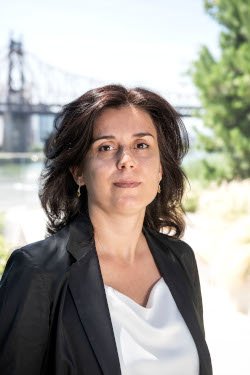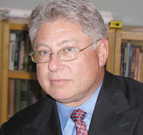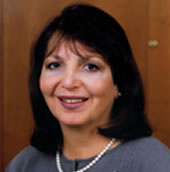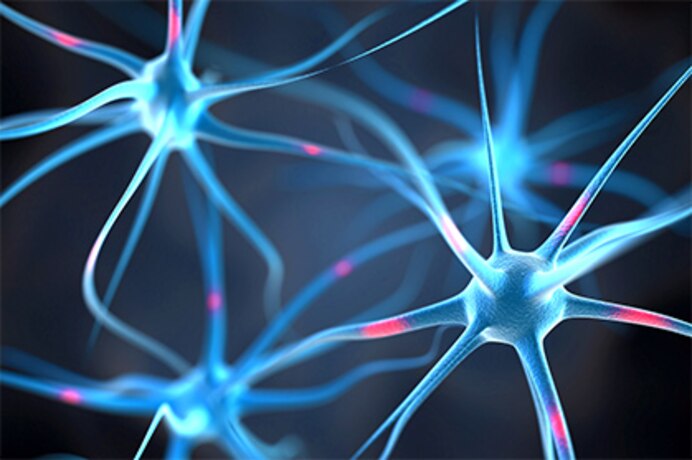Guest Bloggers
HDRF Scientist Finalist for 2019 Blavatnik Award for Young Scientists,
September 5, 2019

We are proud to announce that Dr. Carla Nasca, a postdoctoral fellow with our Depression Task Force, is a finalist for the 2019 Blavatnik Award for Young Scientists.
Her work, funded in part by HDRF, has discovered that a natural chemical in the body (acetyl-L-carnitine, or LAC for short) can rewire the brain and is a possible new treatment for depression.
Click here to read the full article…
New Hope for PTSD Treatment,
May 16, 2019
Newly Identified Neural Circuit May Be Target for Future PTSD Treatments
A research team funded by the Hope for Depression Research Foundation (HDRF) has identified a specific circuit of young adult-born neurons in the brain that plays a key role in the recognition of a safe versus hazardous situations.
Their findings, recently published in Science, could pave the way for more targeted treatments for conditions such as PTSD that are associated with hypervigilance and recurrent distressing memories.
Click here to read the full article…
What is Acetyl-L-Carnitine? Depression linked to low levels of brain molecule,
September 5, 2018

A major study funded by Hope for Depression Research Foundation (HDRF) at Rockefeller University has revealed that a compound known as Acetyl-L-Carnitine (LAC) may be a biomarker for depression — a discovery that could lead to a potential blood test for depression.
Click here to read the full article…
HDRF’s Satellite Media Tour,
December 20, 2016
HDRF founding chair Audrey Gruss conducted a satellite media tour this fall, speaking with dozens of TV stations across the country to bring HDRF’s message to over 15 million viewers.
The New Yorker Declares HDRF Study a 2015 Standout,
January 12, 2016
We’re thrilled to announce that The New Yorker has named a recent HDRF study as one of the six most interesting psychology findings of the year.
The study was conducted by Dr. Huda Akil, Chair of our acclaimed Depression Task Force. Her lab at U Michigan has identified a new brain protein that could point the way to new and better treatments for depression. The protein is called Fibroblast Growth Factor 9.
Click here to read the full article…





